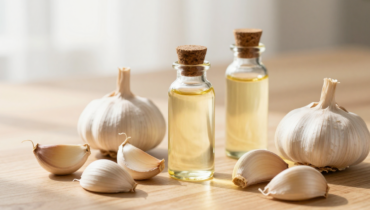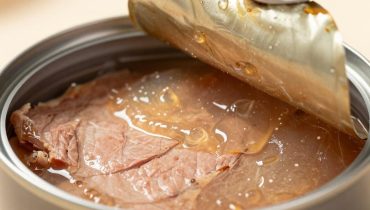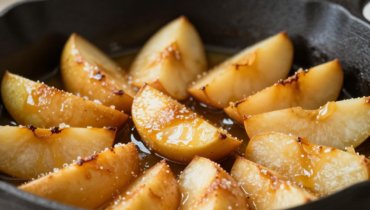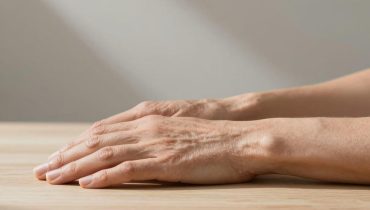📌 5 times you should never take a shower, no matter how di.rty you are – Be careful to avoid stroke

Posted 13 September 2025 by: Admin
Bathing might seem harmless, but under certain conditions, the timing and water temperature can increase stroke risk—especially for older adults or those with heart or blood pressure issues.
1. Right After Waking Up
**Why to avoid it:** Blood pressure is naturally higher in the morning. A sudden temperature change—particularly cold water—can constrict blood vessels and elevate stroke risk. **Tip:** Wait 30–60 minutes after waking and warm up your body with light stretching or movement before showering.
2. Immediately After Eating
**Why to avoid it:** Bathing right after a meal redirects blood flow to your skin for temperature regulation, reducing supply to the brain and digestive system. This may lead to dizziness or fainting. **Tip:** Allow at least 1–2 hours after eating before bathing.
3. When You’re Extremely Tired or Weak
**Why to avoid it:** Fatigue can lower blood pressure. Standing in a hot shower or stepping into a hot bath could cause a sudden drop in blood pressure, reducing brain blood flow and triggering fainting or stroke in vulnerable individuals. **Tip:** Rest and hydrate first. If bathing is necessary, use warm—not hot—water and have someone nearby if you’re feeling unwell.
4. Very Late at Night
**Why to avoid it:** At night, your body temperature naturally decreases to prepare for sleep. Bathing in cold water late at night can shock the body, especially in older adults, potentially affecting circulation and heart function. **Tip:** If you must bathe at night, keep the water warm and ensure the bathroom is comfortably heated.
5. In Very Cold or Very Hot Water
**Why to avoid it:** Extreme temperatures strain the circulatory system. Hot water may cause excessive vessel dilation, dizziness, or fainting. Cold water can abruptly constrict blood vessels, spike blood pressure, and heighten stroke risk. **Tip:** Choose lukewarm water—particularly if you’re older or have cardiovascular or blood pressure issues.
More Tips for Safe Bathing:
- Hydrate before bathing to support circulation.
- Keep the bathroom warm to prevent body temperature shock.
- Avoid locking the door if you’re alone and feeling unwell.
- Sit down or use a bath stool if you feel lightheaded or weak.




















